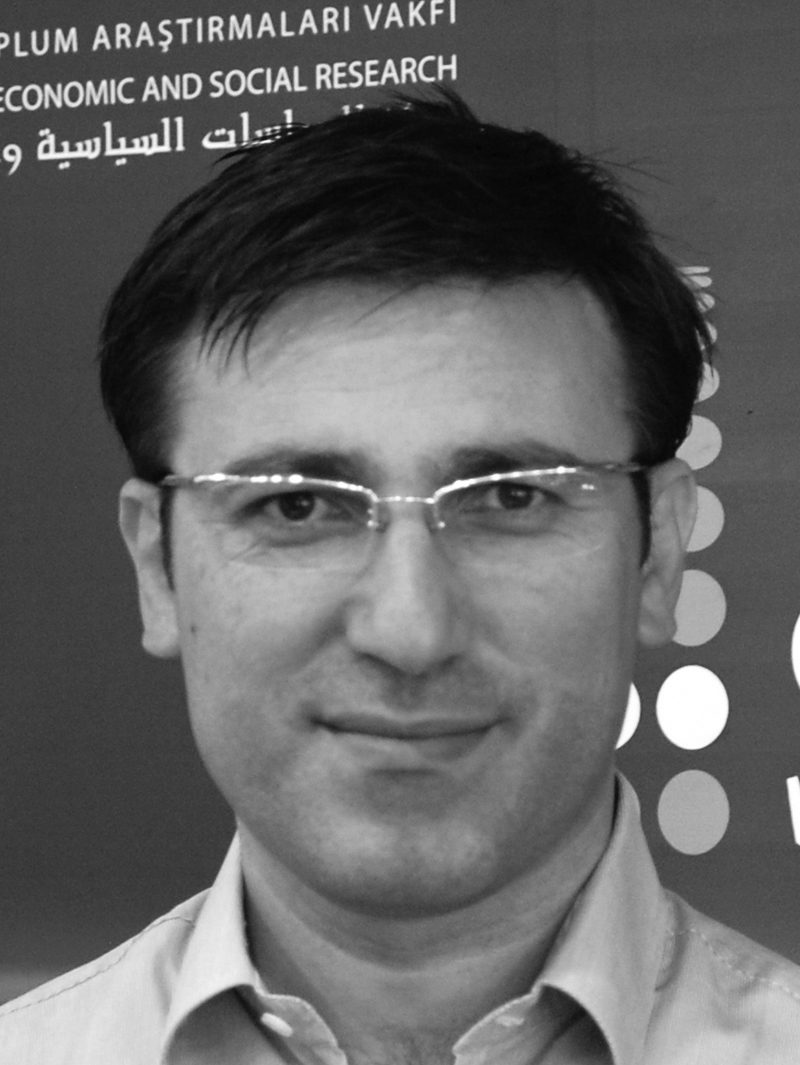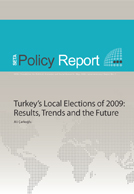Universities that have not been active in debates concerning long-standing higher education problems are preparing to discuss these issues, and two ambitious academicians, Professor Talip Küçükcan and Associate Professor Bekir S. Gür, are leading efforts to start debates at universities.
Pointing out how strange it is that universities are not involved in solving problems with higher education, Küçükcan said: “We want to start a broad debate on the future of higher education. Unfortunately, in Turkey, universities never take part in debates concerning university issues. Our goal is to start debating university-related topics at universities.”
Noting that they have received very positive feedback concerning their goal and efforts, Gür said that although there is consensus on the need to change the system, there is no debate on how the change will actually take place. He explained that a broad debate where many people participate is necessary to determine how to implement the change, adding, “With the report we have prepared, with the discussion panels we will organize and with the analyses we have conducted on the system in general, we aim to facilitate debates and contribute to the development of a debate platform.” Committed to addressing the higher education problem in Turkey, Küçükcan and Gür shared information about the comprehensive report they prepared with Today's Zaman. The two professors analyzed and compared the higher education system in nine countries and formulated proposals on improving the system in Turkey. They believe a large portion of their proposals can and will be implemented in the short term.
In order to create a debate platform that will include representatives from universities, the professors released a report titled “A Comparative Analysis of Higher Education in Turkey,” in which they compared the Turkish system to systems in the US, Germany, France, the UK, Poland, Sweden, Israel, Japan and China. They plan to organize discussion panels in universities starting in September to debate their proposals.
Küçükcan noted that problems with higher education stem from the Higher Education Board (YÖK) being a constitutional institution, adding that for this reason issues that require amendments to the Constitution can only be resolved in the medium and long term.
Highlighting that in the other countries they analyzed higher education was not coordinated by a constitutional institution, Gür said the reason it is different in Turkey extends to the Sept. 12, 1980 coup administration's desire to have control over everything. But this mentality existed prior to the 1980 coup, he said, adding that even opening a university in Ankara was debated in the 1940s and 1950s.
In response to the system's centralist approach in coordinating higher education, the civilians mistakenly adopt an ideological approach to the problem, Küçükcan said, adding that they wanted to start a “rational and knowledge-based debate.”
He explained that when they asked experts for their views on the draft report, only a very limited number of them commented. Although there is a consensus on reforming higher education in Turkey, ideological perspectives prevent reform from taking place, Küçükcan said, adding: “There is a lot of talk but no action in Turkey when it comes to higher education. We wanted to have a rational debate based on data in this field.
Unfortunately, all debates regarding higher education were from a politically ideological perspective. Although there is consensus on the need for reform in higher education in every segment of society and in almost every political outlook, when you say, ‘Come let's do this all together,' you realize that there is a serious lack of information. Reforms, innovation, changes and modern developments or developments to make the system up to date were









